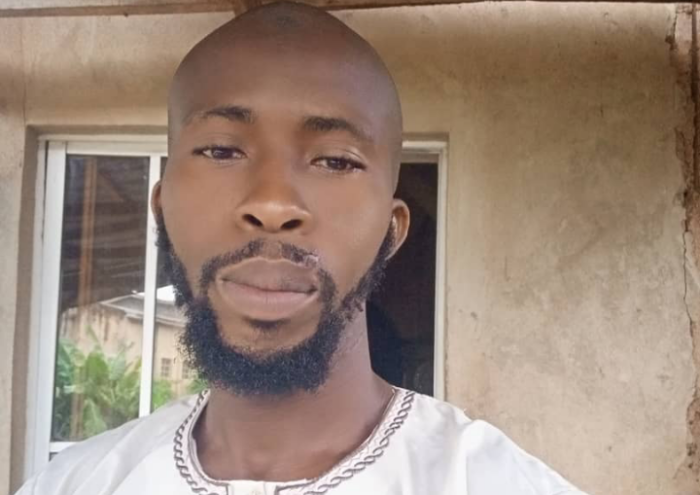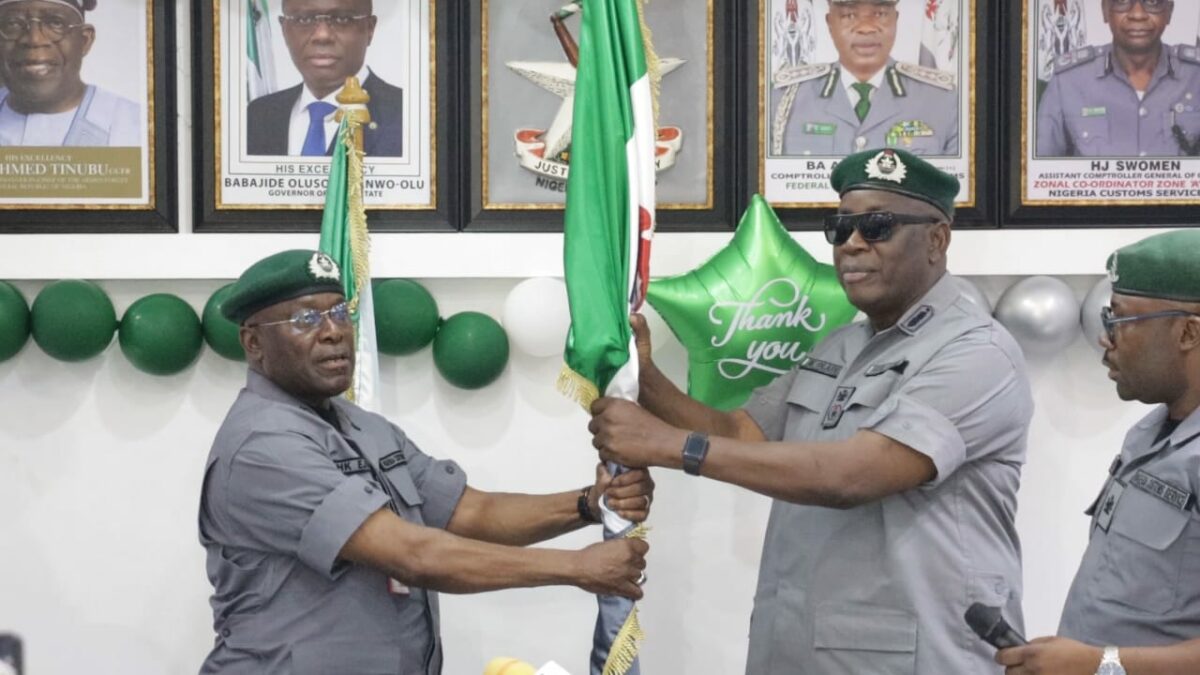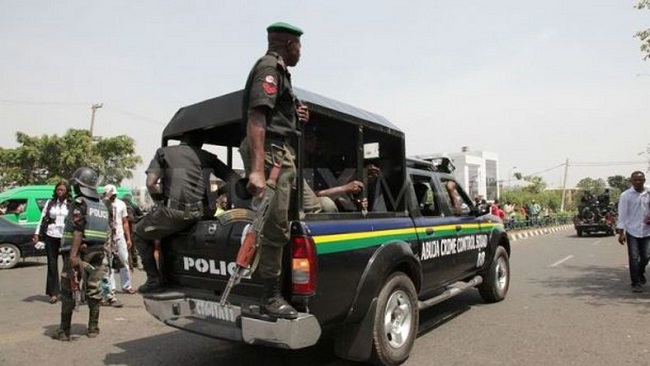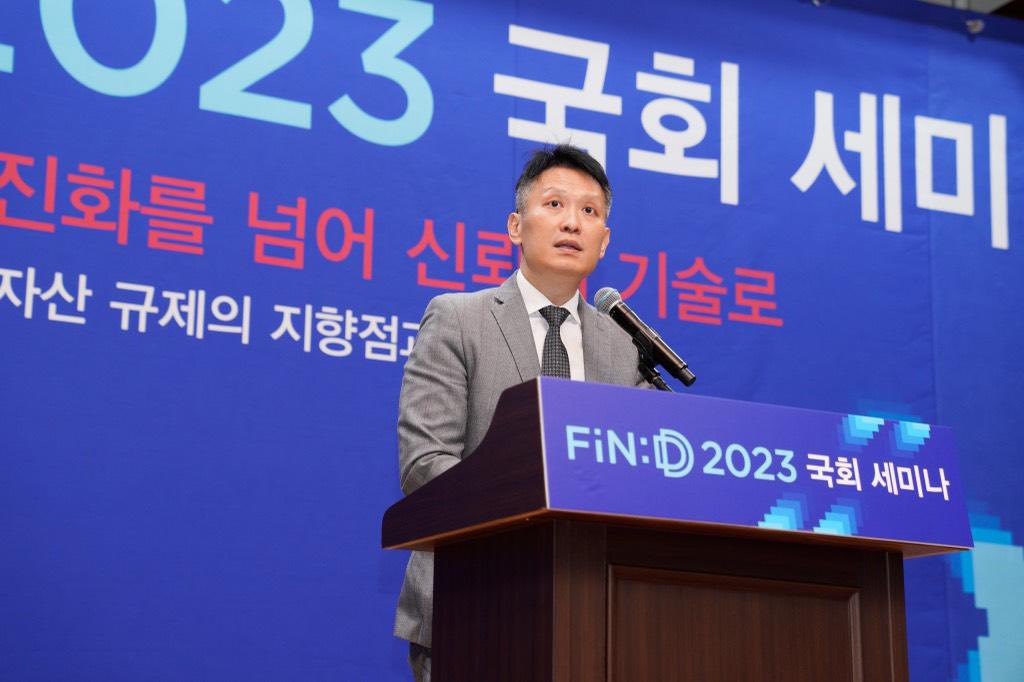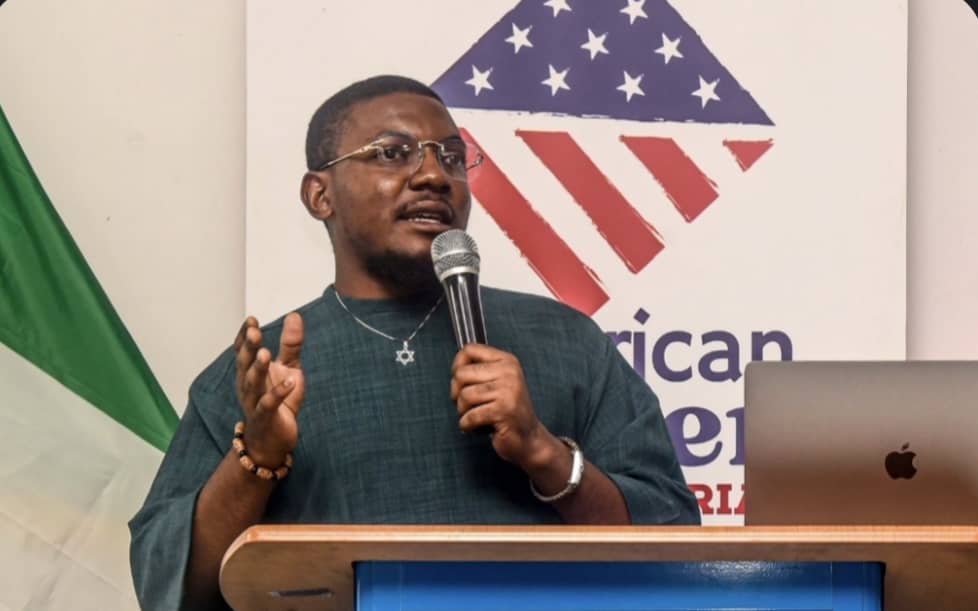“With faith, discipline and selfless devotion to duty, there is nothing worthwhile that you cannot achieve.” —Muhammad Ali Jinnah.
When you are being selfless, you are thinking of other people before yourself.
Most times, when selflessness is in motion, many attach words and phrases like foolery, overly lavish and misplaced priority to the act.
Kazeem Dosumu, a farmer living in Itesiwaju, a community in Idi-Aba, Oke-Odo, Olokuta area of Abeokuta, Ogun State, was a victim of the above-stated adjectives while trying to bring succour to himself, family members and neighbours.
When Dosumu decided to single-handedly construct a link bridge that would connect Itesiwaju community with other communities and settlements in Idi-Aba, his fellow inhabitants thought he had lost his mind.
READ ALSO: ARROWS OF GOD: One of Nigeria’s Biggest Orphanages Is Trading Babies for Cash
In the end, and with sincerity of purpose, blood, sweat and tears, Dosumu single-handedly completed the bridge construction. And yes, he did it without any funding from the government or private enterprise and individuals.
DOSUMU’S UPBRINGING AND PERSONAL BELIEFS
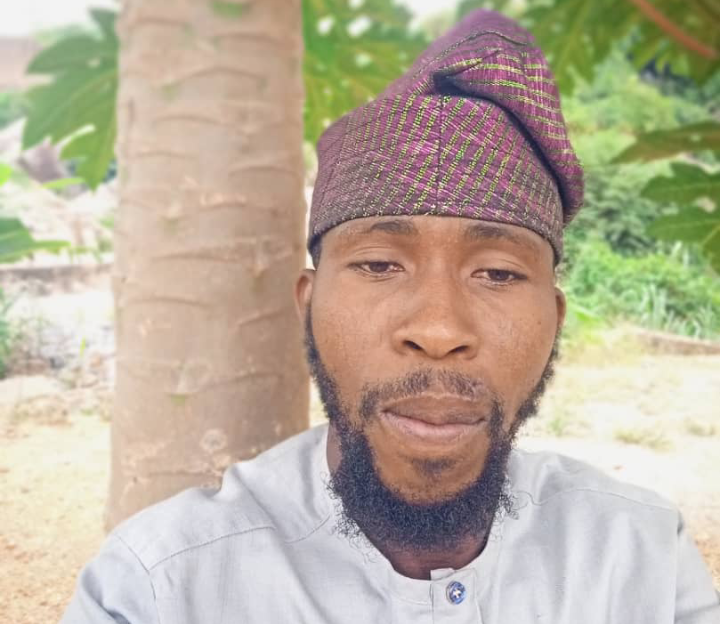
In an interview with FIJ, Dosumu said he grew up in a close-knit family.
“I grew up in a family that sees helping one another as an important value,” said Dosumu.
“Growing up, both my father and mother would consistently tell us to attach less importance to material possessions and pay more attention to kindness and giving.
“They would also say a man’s wealth is worthless if his poor neighbour can not benefit from it. To them, being kind should never be deemed as an act that can only happen once in a blue moon; it should be seen as an act that has to be constantly carried out, and whenever the opportunity presents itself.
“In the act of being kind, you are not expected to grandstand or make it obvious to the public that you are rendering help to a person that needs it. Rendering help and not make it public also attracts bountiful blessings and rewards from God, our creator.
“Apart from being taught to be selfless, hardworking and kind to everyone, we were also taught to be contented with whatever we have at all times. We are never expected to take things that do not belong to us; never to be covetous, and never to be greedy.
“I grew up learning and exhibiting those values, and whenever necessary. I didn’t come from a rich family, but my parents would always make us understand that a good name and image are better than all the riches in the world.”
THE BLOOD DONOR
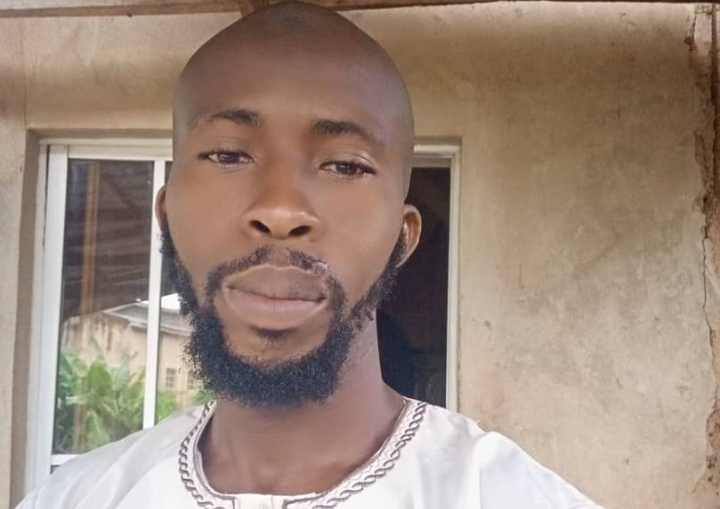
In trying to be selfless and kind, Dosumu, popularly referred to as Alfa in his neighbourhood, once angered his wife while they were on a visit to a hospital.
“During that period, my wife and I had to pay a visit to a family friend who was then on admission at a hospital. When we got there, the doctors that spoke to us said the family friend had lost a lot of blood due to the accident he had and would be needing volunteers to donate the blood that would be used in treating him,” Dosumu said.
“The moment I offered to donate blood for the treatment of the patient, my wife quickly opposed the gesture, letting the doctors know that I was not fit enough to donate blood.
“The period coincided with the time I had just finished a two-day fast, so, I perfectly understood my wife’s concern when I offered to donate blood.”
Despite his wife’s protestations, Dosumu donated blood to aid the accident victim’s treatment.
“After donating the blood, I almost fainted because I no longer had enough blood as well. I eventually managed to get home with the help of my wife, who had to physically support my wobbly figure till we made it home. She chided me for what I did and I perfectly understood her position; she was only trying to protect me,” he explained.
“In the end, I was happy I was able to help in making a fellow man regain his health in my own little way, and despite not having enough blood. That was simply how we were brought up —to help at all times, and whenever we are able to.
“I hate to see another man suffer. I also do not have to know him or her before rendering help.”
EVENTS LEADING TO THE BRIDGE CONSTRUCTION
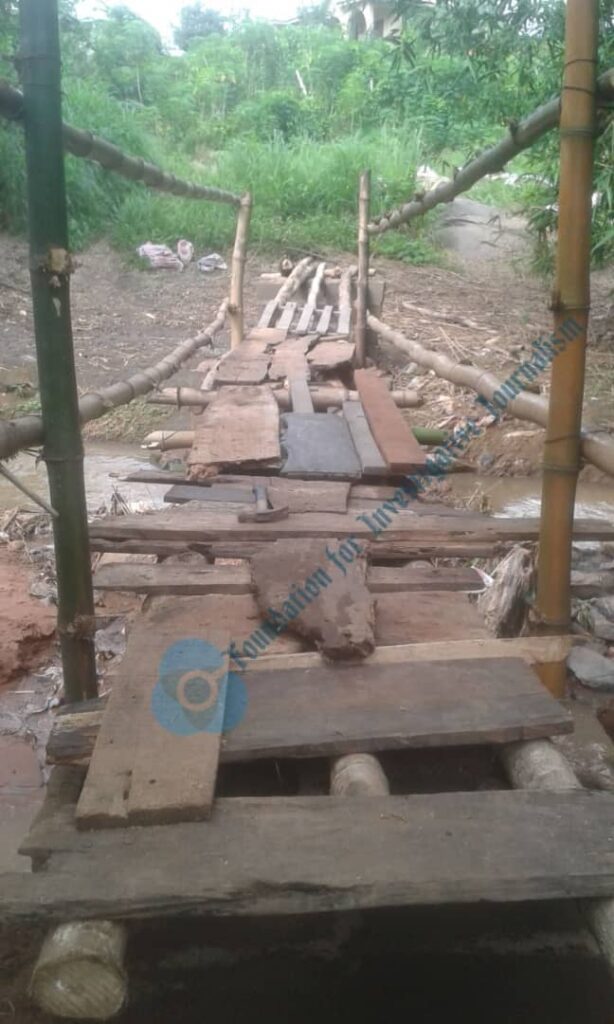
Before moving into his house in Itesiwaju in 2007, Dosumu had already identified a major problem. The community lacked a link road that could easily connect its inhabitants to other neighbouring communities.
To make matters worse, a 20-metre-wide river ran across the exact location that was originally supposed to have link road, isolating the community from all other settlements.
As a temporary solution to the problem, the inhabitants of the community constructed wooden and bamboo planks to aid people make their way over the river.
READ ALSO: After Selling Subpar Weaves, Chialika Nnamdi of El Phyna Cuts Ties With Customer
However, the temporary solution led to more dangers as people plying the route would encounter deadly accidents from time to time.
“During my first years as a landlord in the community, something terrible happened during one rainy season,” Dosumu said.
“While plying the planks and trying to make it to the other side, a fellow landlord fell into the river and it swept him away.
“The entire community immediately began a search and sadly, we were only able to recover his lifeless body after three days.”
The incident prompted the farmer to begin nursing the idea of constructing a link bridge on his own.
Any time a part of him thought the idea was a good one, however, another part would tell him it was crazy and must not be considered. The part that told him it was a crazy idea won the thought battle on all such occasions.
To add to this, he was yet to complete the construction of the house he had moved into.
THE BRIDGE CONSTRUCTION
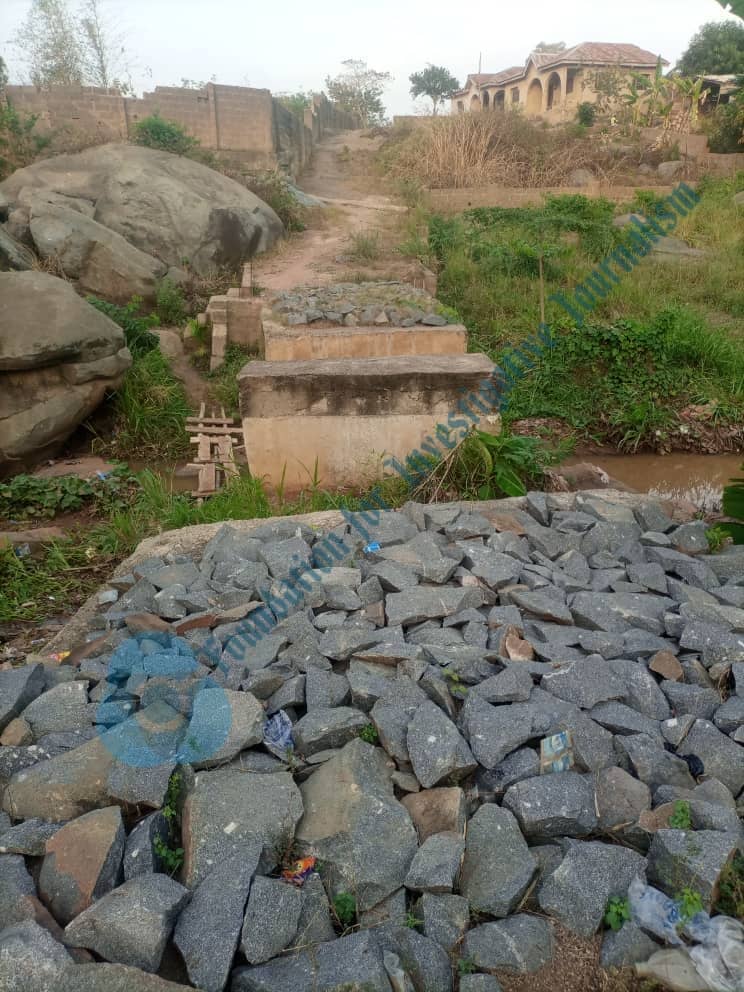
Without any intervention from government and all other inhabitants of Itesiwaju, the difficulty being experienced any time anyone tried crossing the river continued, stretching into 2020.
“The urge to undertake the project became very strong when the situation of things became worse,” said Dosumu.
“Young people, especially students, who plied the route as the shortest possible means of getting to their schools on time, could no longer make use of the bamboo bridge because it was no longer safe.
“Also, there was no other way they would ply other alternative routes without getting late to school. The other routes were long distances that would require several hours before one can get to his or her destination.
“It brought untold hardship to all the inhabitants of the community and their guests and with time, people, including guests and school children, started deserting the route and the community as a whole.”
Dosumu then told FIJ about an incident that finally made him decide to take up the project.
“In early 2020, an elderly woman, who had a very heavy load on her head, tried crossing the planks to the other side and fell heavily on the edge of the river,” said Dosumu.
“I had to quickly look for a way of taking her to the hospital so she could be urgently treated. She was badly hurt.
“On our way back from the hospital, I thought about the number of accidents that people had suffered while attempting to cross the wooden planks and then decided that such must not continue to happen. There and then, I shut my ears to all the fears I had initially been nursing and decided I would take it upon myself to build a bridge that could help solve the problem once and for all.”
BUILDING THE BRIDGE WITH BLOOD, SWEAT AND TEARS
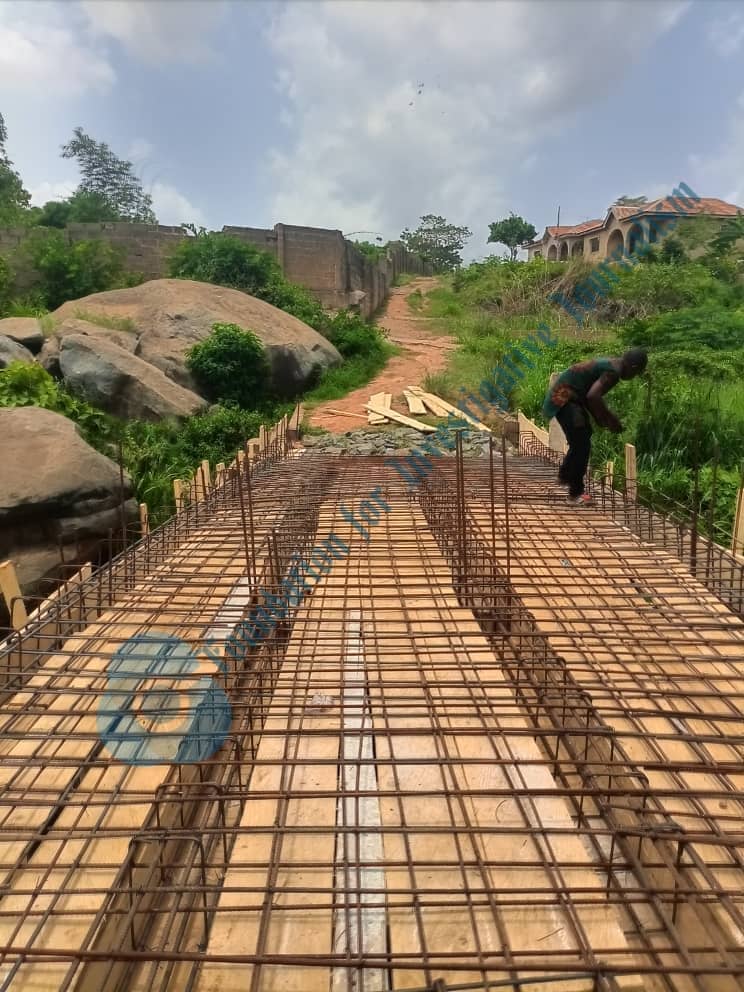
As a farmer, Dosumu is not the richest inhabitant of Itesiwaju community. As a matter of fact, he is yet to finish the construction of his house —the same property he had moved into in 2007.
The moment he decided to single-handedly take up the bridge construction, the initial plan he had of completing the building of his house became suspended.
“I spent days convincing my wife and kids,” Dosumu told FIJ.
“Their position was quite understandable; we had no car, no motorcycle and our house had not even been fully constructed also. We only moved in after constructing a few rooms and painted them.
“Thankfully, they eventually bought into the idea and I started the construction of the bridge in 2020 during the pandemic.”
Dosumu told FIJ that he commenced the bridge construction with the help of the money he realised from the sale of the produce he harvested on his farm.
“I sold the bananas and other crops that I harvested from my farm and used the money I realised to start the construction,” Dosumu said.
“Apart from denying myself, my wife and my children a whole lot of things, I also was unable to make good the promise of taking my mother along with me for lesser Hajj.
“Since I began the construction, I have still not been able to make good my promise. This is because I could only do one major thing at a time; I am not even a rich person. I just felt building the bridge would be for the benefit of everyone. It was indeed a necessary project.
“All the money I realised from selling the produces on my farm was used in constructing the bridge. I can only continue to thank God for the kind of family He has blessed me with. They have been very understanding and supportive.”
THE REAL COST OF BUILDING THE BRIDGE
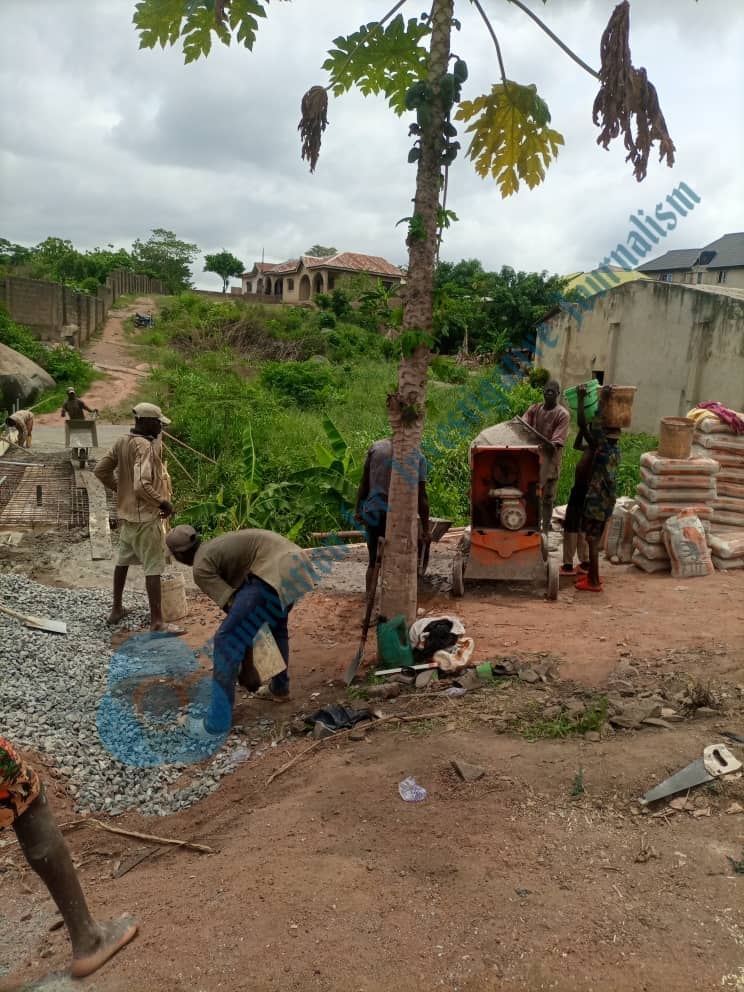
Apart from the over N13 million the 40-year-old farmer spent in constructing the bridge, his entire family also faced a great deal of challenges and difficulties during the same period.
“While the construction was ongoing, my family and I experienced a lot of hardship,” Dosumu said.
“There was a period I was so engulfed in building the bridge that I forgot to pay attention to the fact that I had to take care of my children’s school fees as well.
“As a matter of fact, I had spent all the money I had on the construction.
“The realisation then eventually caught up with me when the children got sent home from school because they had not paid their tuition. I was forced to quickly take care of the situation by looking for money so that they could return to school.
“They eventually returned to school after spending up to a week at home, and as a result of the oversight on my part.”
READ ALSO: 70 Days and Still Counting: How Dapo Abiodun Is Keeping a Blogger in Prison Without Trial
For prioritising the project over his personal building project, the Dosumu family house is also yet to get a facelift since they all moved in 2007.
“Since we moved in, the children have grown in terms of age and height, and this meant that by now, I should have gotten the house construction to a stage where the children can each have a room to themselves.
“This has not been possible due to the bridge construction.”
The farmer also listed not having a car or a motorbike and his inability to sponsor his mother’s pilgrimage like he promised, as the other costs he had incurred as a result of building the bridge.
FROM DOSUMU’S WIFE
Balikis, Dosumu’s wife, also spoke to FIJ on the challenges the family faced during the construction of the bridge.
She referenced the praises directed to her husband and his family.
“The reaction so far has been quite overwhelming. Commendations have been pouring in from all corners. Most of the inhabitants within and around our community have also continued to thank the entire family for constructing the bridge,” said Balikis.
“Interestingly, just as a great number of people have continued to pour encomiums on Alfa (Dosumu), some others have also continued to ask shocking questions like “how could a mere farmer have single-handedly built a bridge for his community? Where did he get that kind of money from? Does he not have a family to feed?”
“But then, we went through hell as a family because my husband had to suspend a whole lot of projects like the completion of our house. It was only members of our extended family who had an idea of the challenges we went through. We faced a great deal of hardship.
“But we give God all the glory.”
Balikis went further to talk about the other challenges the Dosumu family faced.
“There were times that commuting from our residence to a neighbouring settlement became a challenge because we had no Okada fare. There were also times we were unable to give the children adequate money for school lunch when leaving home for school in the morning. These incidences mostly happened during the periods my husband was buying the materials needed for the bridge construction.”
Balikis also spoke about the impact the construction had on her personal business.
“The bridge project had an adverse impact on my business,” she said.
“As we speak, I do not have sufficient capital to keep my business sustained. I do not even have enough money as we speak to buy the goods required for my business. Things are still very tight for us, but I know God will see us through.
“Above all, I am very proud of my husband. He is a kind-hearted and generous man. Giving and rendering help has never been a big deal for him.
“There are times that people I don’t even know would talk about his good deeds in my presence. Now, it is not as if these people usually know that I am his wife o, but they would freely talk about his good deeds and would also pray for him.
“During such instances, I would just simply smile and silently say an Amin to their prayers.”
THE VISIT FROM THE MINSTRY OF WORKS
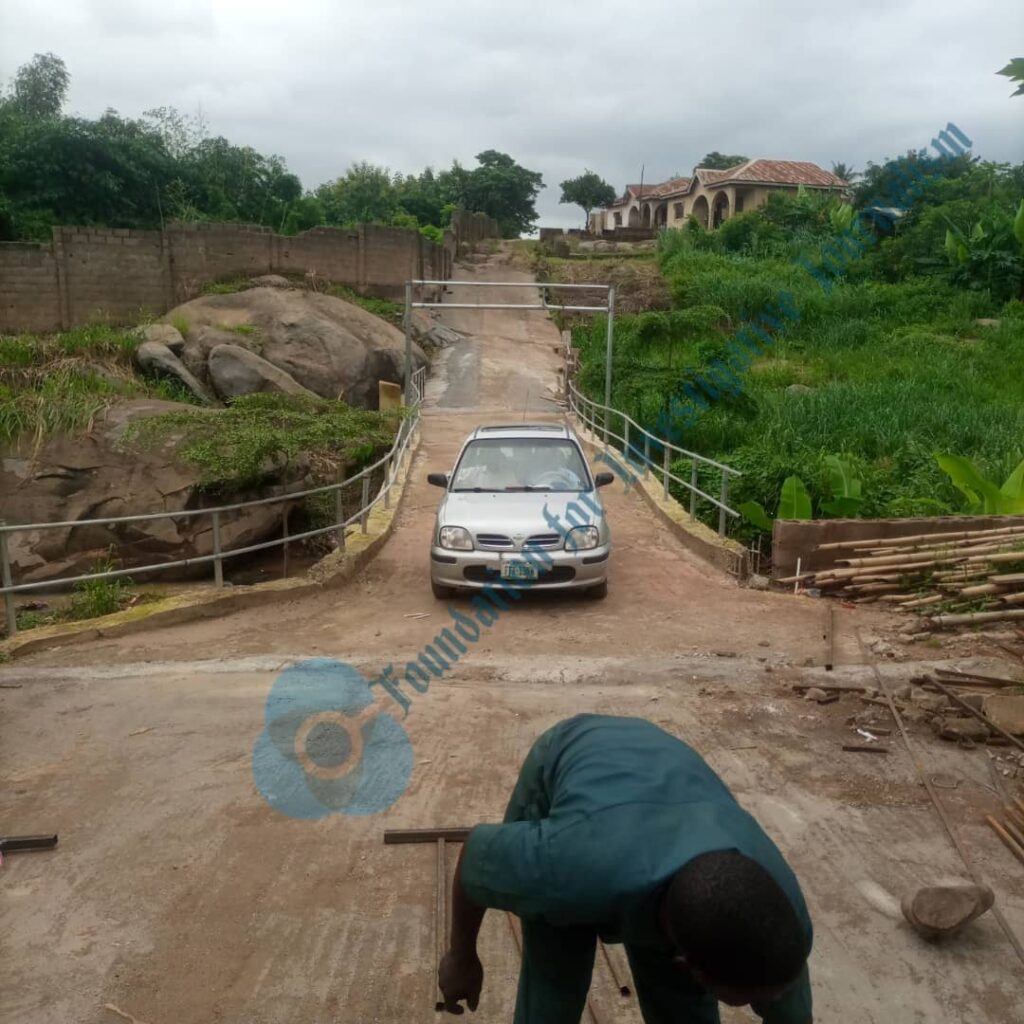
Dosumu told FIJ that some officials of the Ogun State Ministry of Works and Infrastructure visited Itesiwaju community to conduct an integrity test on the bridge when its construction was completed in June.
“The officials from the ministry carried out the test and then confirmed to everyone present that the bridge met all the required standards and that it was well constructed,” Dosumu told FIJ.
When the testing was completed and the officials were about leaving Itesiwaju, one of them was forced to reveal a few things to the farmer.
“The official told me that the construction of the bridge would not have been possible if the entire community had left the responsibility to the government,” Dosumu said.
READ ALSO: REPORTER’S DIARY: To Get Votes, Ogun Labour Party May Deploy ‘Strikers’ on Election Day
“He even went as far as telling me that the equipment that was used in carrying out the integrity test on the bridge was rented from a private enterprise.
“The moment he said that, it became clear that I had done the right thing by choosing to take up the project on my own.”
When the officials did a costing for the construction, they stated that the project would have cost the government N27 million.
While speaking with FIJ, however, Dosumu said the same construction cost him over N13 million.
COMMENDATION FROM ALL QUARTERS
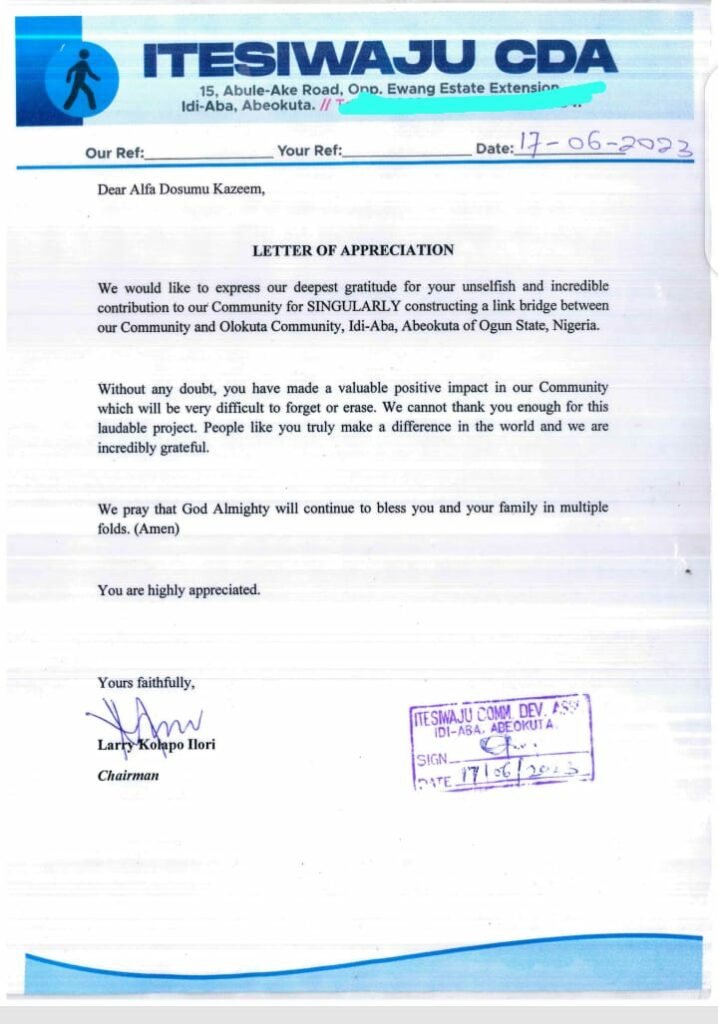
Presently, Dosumu has continued to receive a whole lot of commendations.
Some of these commendations have also come from individuals who doubted the farmer’s intention from the onset.
“I recently received a letter from Abeokuta South Local Government that its officials would be visiting us soon for the commissioning of the bridge,” said Dosumu.
“To add to that, the local government has also decided to name the street where I stay after me.
“I also recently received an appreciation letter from other members of the community. It will take me years to make up for all the things I have denied my family while constructing the bridge. As we speak, I do not have a car or a motorcycle to my name.
“I also do not know when I would again make a bountiful harvest on my farm that would enable me realise enough money that I can use in completing my housing project. I am still suffering.
“My present consolation is that schoolchildren are now able to make use of the bridge as the easiest route to getting to school on time and my neighbours and visitors are also now able to commute in and out of Itesiwaju community in their cars and on their motorcycles without the fear of falling into the river.”
“ASK NOT WHAT YOUR COUNTRY CAN DO FOR YOU!”
“Ask not what your country can do for you, ask what you can do for your country.”
The above saying, made by John F. Kennedy, a former US president, has been used repeatedly by leaders around the world, especially during times of crisis.
Ideally, the statement was made to encourage the constituents of a society, that is, the government and its citizens to work together in order to arrive at a better standard of living for everyone.
Unfortunately, the picture painted above has never seem to be Nigeria’s lot as the government and its citizens have continued to grow apart from each other. So estranged is the situation between government officials and ordinary Nigerians that people no longer bother to know the identity of the person “representing their interests” in government.
READ ALSO: ‘Don’t Ever Call Me Again’ — Rahmon Adedoyin Still Feared in Ife Despite Murder Sentence
The situation is also the same on the part of the representatives who mostly do not also bother to visit their constituents from time to time to identify their needs and provide long-lasting solutions to constituency challenges.
After it took the selflessness, sweat, blood and resources of a “struggling farmer” to provide a bridge for his community, the government suddenly got interested in its commissioning.
Government aside, Itesiwaju community also has residents who have vehicles and motorcycles on their properties.
Despite this, the sole responsibility of saving souls from drowning was left to a farmer who had not even completed the construction of his own house.
Subscribe
Be the first to receive special investigative reports and features in your inbox.


